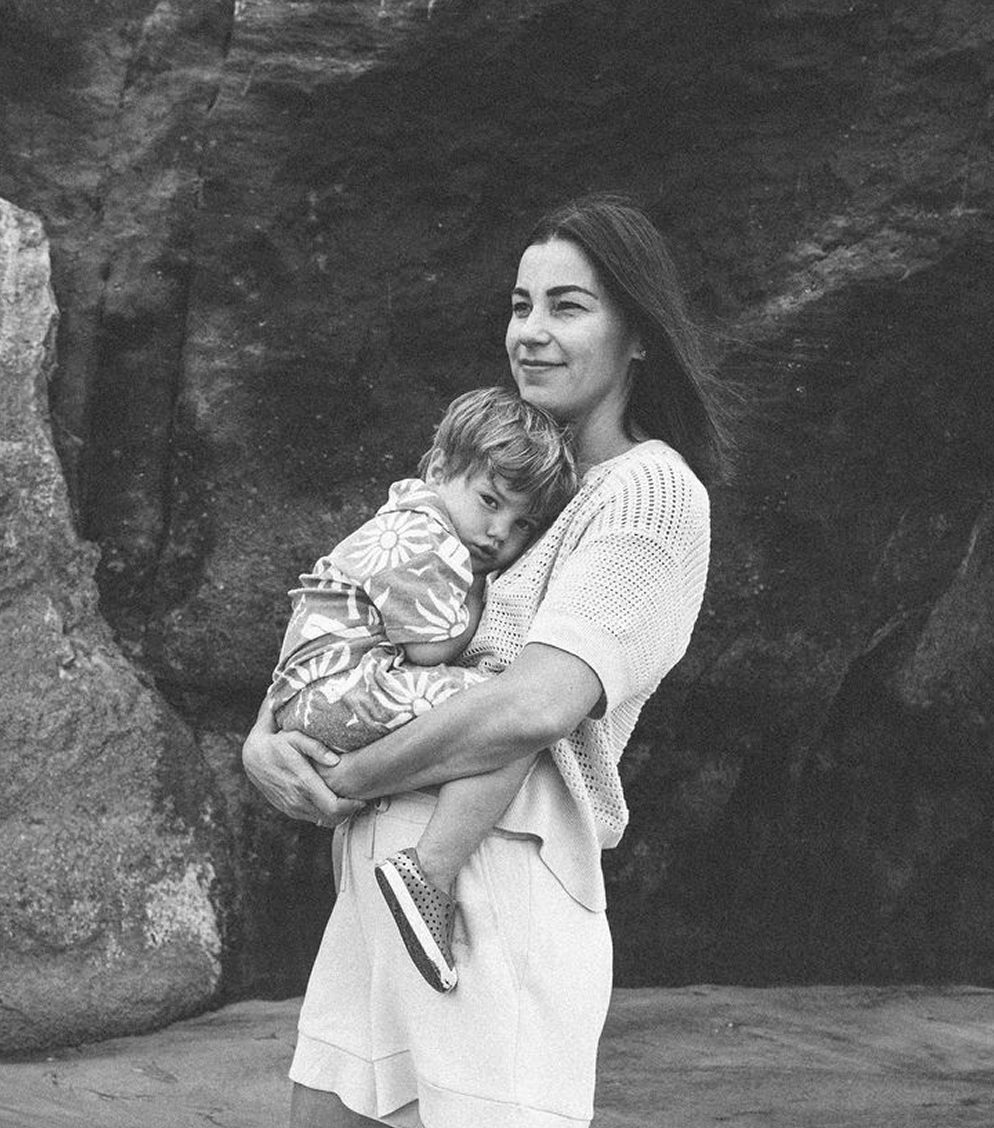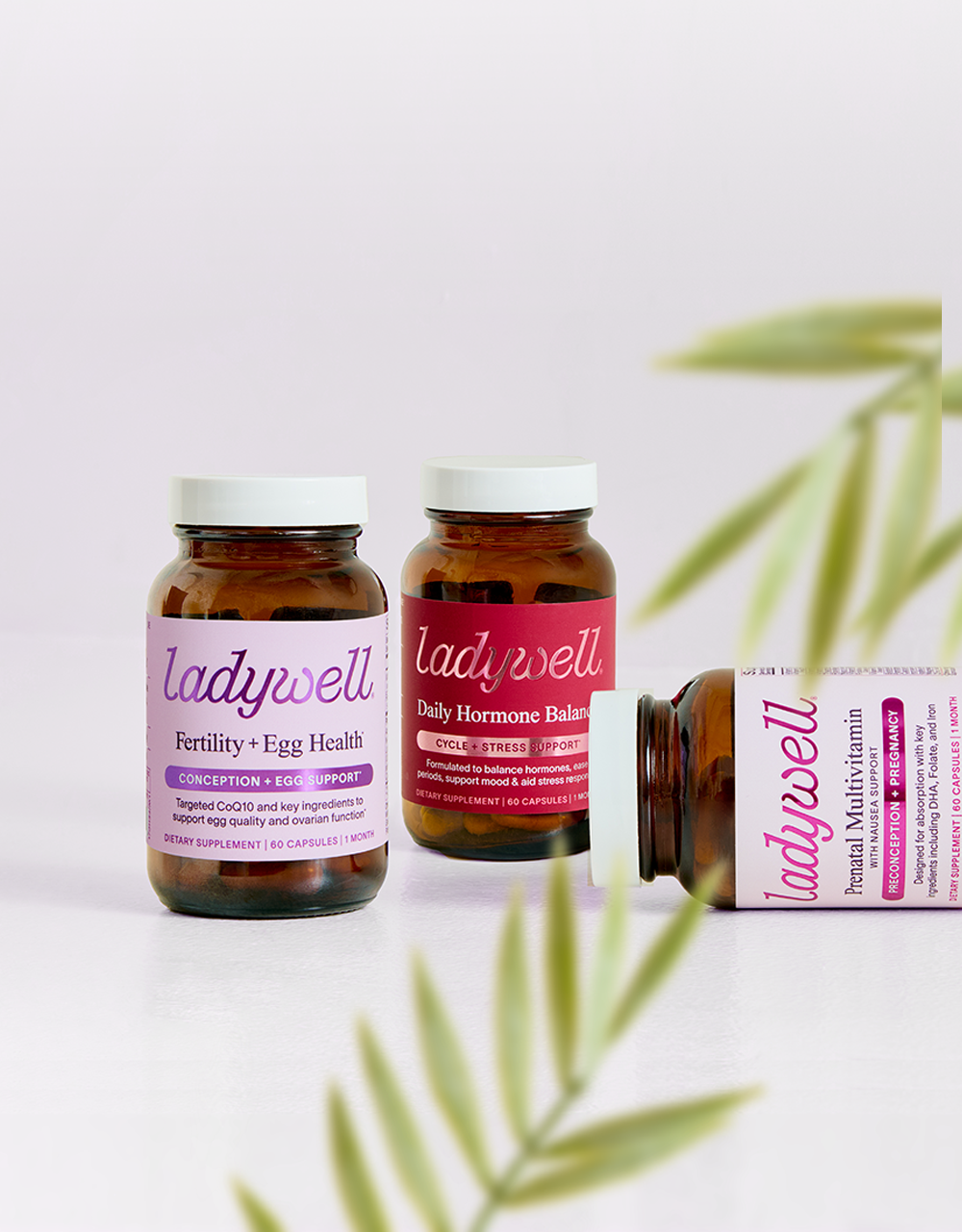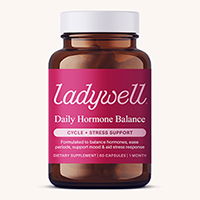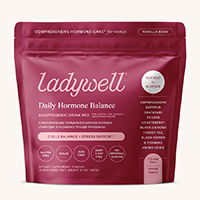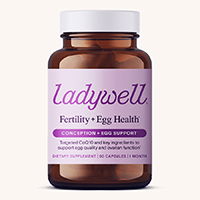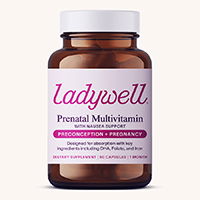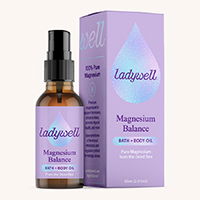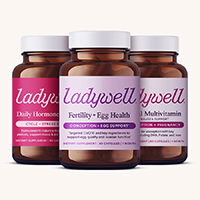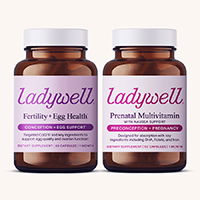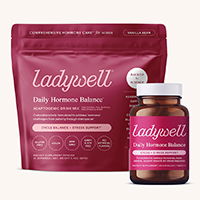The topic of fertility and age is one that many women worry about, especially with the notion of a “ticking biological clock.” We often hear that our chances of conception decrease significantly after age 35. While age can impact fertility, it’s just one piece of the puzzle. Understanding how age influences fertility can empower you to make informed decisions about your reproductive health now and in the future.
Read on for insights into how age impacts fertility, what egg quality means, and what the statistics really say about getting pregnant in your 20s, 30s, and 40s.
What’s the Best Age to Get Pregnant?
There’s no single “best” age to get pregnant—it’s a personal decision shaped by factors such as health, relationship status, career goals, and lifestyle. However, age does play a role in fertility, as women are born with all the eggs they’ll ever have, and these eggs naturally decline in both quantity and quality over time. By puberty, a woman has around 300,000 eggs, and each menstrual cycle depletes this number further. Even though only one egg is released during ovulation, as many as 1,000 eggs may be lost each cycle.
This decline in egg quantity and quality can make conception more challenging as you age. Eggs lose quality over time, increasing the risk of miscarriage and chromosomal abnormalities, which can affect the health of a potential pregnancy.
While age is a factor, fertility varies from person to person. According to the American Society for Reproductive Medicine, women’s fertility peaks in their 20s and begins to gradually decline in their 30s.
Fertility by Age: What the Stats Say
Understanding how fertility changes across different decades of life can provide valuable perspective. Remember, everyone is different, and lifestyle factors, overall health, and genetics play a significant role in fertility. The following estimates are based on data from studies published in The American Journal of Obstetrics and Gynecology and ACOG (American College of Obstetricians and Gynecologists).
In Your 20s
- Early 20s: About 25% chance of getting pregnant each month if trying to conceive.
- Ages 21-24: 57% chance of pregnancy within six cycles, 71% within 12 cycles.
- Ages 25-27: 59% chance within six cycles, 79% chance within 12 cycles.
- Ages 28-30: 62% chance within six cycles, 78% chance within 12 cycles.
In Your Early 30s
Fertility begins to decline gradually around age 32.
- Age 30: Approximately 20% chance each month.
- Ages 31-33: 61% chance of pregnancy within six cycles, 77% chance within 12 cycles.
In Your Mid-to-Late 30s
Fertility starts to decline more rapidly after age 35, and by age 37, the decline is more noticeable.
- Ages 34-36: 56% chance within six cycles, 75% chance within 12 cycles.
- Ages 37-39: 46% chance within six cycles, 67% chance within 12 cycles.
In Your Early 40s
At age 40, the chances of pregnancy drop significantly.
- Age 40: Less than 5% chance per cycle. One in ten women will conceive each month.
- Ages 40-45: 28% chance within six cycles, 56% chance within 12 cycles. Women in their 40s are 60% less likely to conceive compared to women in their early 20s.
In Your Mid-to-Late 40s
Pregnancy is highly unlikely in your mid-40s, and miscarriage rates are higher, with approximately 40% of pregnancies ending in miscarriage.
Why Fertility Declines with Age
There are several reasons fertility declines as women age, both biological and lifestyle-related. While some factors are out of your control, many others can be managed to improve your chances of conception.
Ovarian Reserve
Ovarian reserve refers to the number of eggs remaining in your ovaries. As you age, both the number and quality of your eggs decline. Even though low ovarian reserve doesn’t guarantee infertility, it can affect the quality of your eggs and your chances of conception. Testing ovarian reserve is typically more helpful for women undergoing fertility treatments than those trying to conceive naturally.
The Anti-Müllerian Hormone (AMH) test measures ovarian reserve. Lower AMH levels indicate fewer developing eggs, which correlates with reduced fertility. However, lifestyle changes, diet, and supplements may help optimize ovarian health.
Genetic Abnormalities
As eggs age, they are more likely to have chromosomal abnormalities. These abnormalities can prevent fertilization or lead to a miscarriage. They can also cause developmental issues for the baby, such as Down syndrome.
Can You Improve Fertility at Any Age?
While fertility declines with age, there are plenty of ways to improve your chances of conception, no matter your age. Healthy lifestyle choices can have a significant impact on fertility.
- Quit smoking
- Limit alcohol consumption
- Eat a healthy, anti-inflammatory diet
- Reduce exposure to endocrine-disrupting chemicals
- Get enough sleep
- Maintain a healthy weight
- Reduce stress (as stress can negatively impact ovulation)
If you are concerned about fertility, assisted reproduction options such as Intrauterine Insemination (IUI) and In Vitro Fertilization (IVF) are available to help optimize your chances of pregnancy. While these methods cannot reverse the natural decline in fertility, they can maximize your chances using your eggs and sperm.
Another option is egg freezing. Freezing your eggs at a younger age can provide you with healthier eggs to use when you’re ready to become a parent later on.
Support Your Fertility with Supplements
In addition to making healthy lifestyle choices, certain supplements can also play a key role in supporting your fertility, especially as you age. Supplements like Ladywell’s Fertility + Egg Health are designed to provide essential nutrients that promote hormonal balance, egg quality, and reproductive health. These supplements are formulated with ingredients like Coenzyme Q10 (CoQ10) that support the health of your eggs, optimize your hormonal function, and enhance your body’s overall fertility potential. For women who are trying to conceive, incorporating these targeted supplements into your routine can help give your body the nutritional foundation it needs to maximize fertility, supporting both natural conception and assisted reproduction options.
Conclusion: Stay Informed and Empowered
Fertility can seem like a complex topic, especially as you age. But knowledge is power. Understanding how fertility changes with age and the factors that impact it can help you make better decisions for your health and family planning. If you’re worried about your fertility or want to explore options, consult a healthcare provider who specializes in reproductive health. Whether you’re trying to conceive now or planning for the future, staying informed and seeking support is key to navigating your fertility journey.
Disclaimer
The information provided in this blog is for educational purposes only and is not intended as a substitute for professional medical advice. Always consult a qualified healthcare provider before making any changes to your health regimen, especially if you are pregnant, nursing, or taking any medications.



